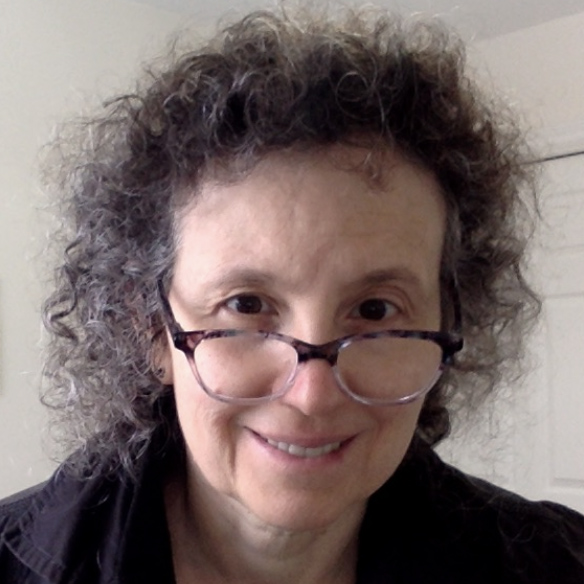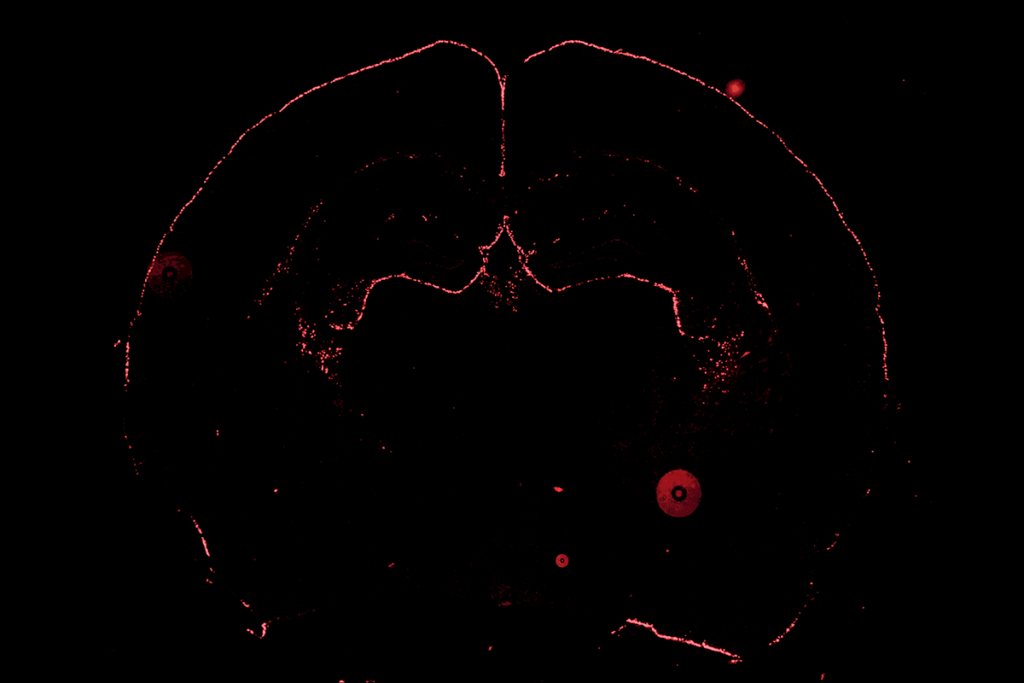Julie Forman-Kay is program head in molecular medicine at the Hospital for Sick Children in Toronto, Canada. She received her B.Sc. in chemistry from the Massachusetts Institute of Technology and her Ph.D. in molecular biophysics andd biochemistry from Yale University. The major focus of her lab is to provide biological insights into how dynamic properties of proteins are related to function and methodological tools to enable better understanding of dynamic and disordered states. Most recently, her lab has probed the biophysics of protein phase separation and how it regulates cellular condensates and biological function.

Julie Forman-Kay
Program head
Hospital for Sick Children
From this contributor
How microscopic ‘condensates’ in cells might contribute to autism
A controversial idea about how cells compartmentalize their contents into droplets — like beads of oil in water — could be key to understanding autism, says Julie Forman-Kay.

How microscopic ‘condensates’ in cells might contribute to autism
Explore more from The Transmitter
Who funds your basic neuroscience research? Help The Transmitter compile a list of funding sources
We want to hear from you about the sources of funding for your research.
Who funds your basic neuroscience research? Help The Transmitter compile a list of funding sources
We want to hear from you about the sources of funding for your research.
The future of neuroscience research at U.S. minority-serving institutions is in danger
Cuts to federally funded programs present an existential crisis for the University of Puerto Rico’s rich neuroscience community and for research at minority-serving institutions everywhere.

The future of neuroscience research at U.S. minority-serving institutions is in danger
Cuts to federally funded programs present an existential crisis for the University of Puerto Rico’s rich neuroscience community and for research at minority-serving institutions everywhere.
Unexpected astrocyte gene flips image of brain’s ‘stalwart sentinels’
The genetic marker upends the accepted orientation of non-star-like astrocytes in the glia limitans superficialis.

Unexpected astrocyte gene flips image of brain’s ‘stalwart sentinels’
The genetic marker upends the accepted orientation of non-star-like astrocytes in the glia limitans superficialis.